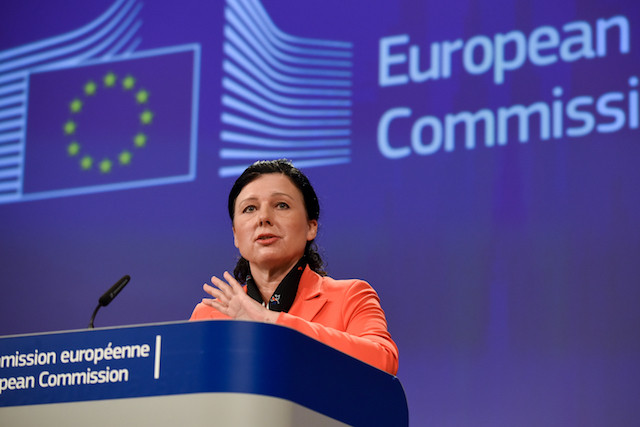Luxembourg and 17 other member states have signed on to a scheme to simplify the division of assets and enforcement of judgements in other EU countries when international couples split up.
The procedures apply to marriages and civil partnerships involving spouses with different nationalities, and those who live or got hitched in another EU member state.
Věra Jourová, the European justice commissioner, told the Euractiv news site this week that:
“In case of divorce or death of a partner, the lives of 16 million international couples can become even more difficult through burdensome procedures and unclear legal situations cross-border.”
According to the European Commission’s website:
“New rules applying as from 29 January 2019, aim to clarify the property rights for international married couples or registered partnerships. These clear rules on divorce or separation bring an end to parallel and possibly conflicting laws, for example on property or bank accounts, in different EU countries.”
The regulations “allow international couples to choose the law that applies to their property in case of death or divorce”, the commission stated. If they don’t jointly agree to a jurisdiction, there are “coherent rules for identifying which country’s court is responsible and which law applies”. The regulations are also meant to provide “easier recognition of judgments, decisions and titles everywhere in the EU”.
“In the new rules, the applicable law prioritises the national law of where the spouses live, and secondly their common nationality,” according to Euractiv.
The rules do not change any national laws of member states.
In addition to Luxembourg, the 17 other EU countries are Austria, Belgium, Bulgaria, Croatia, Cyprus, the Czech Republic, Finland, France, Germany, Greece, Italy, Malta, Netherlands, Portugal, Slovenia, Spain and Sweden.
Jourová told Euractiv that she was “hopeful that additional member states will join” the scheme.
The EU had existing protocols on which country’s court should hear the divorce and legal separation cases of international couples, but only 16 member states signed up to those standards.
